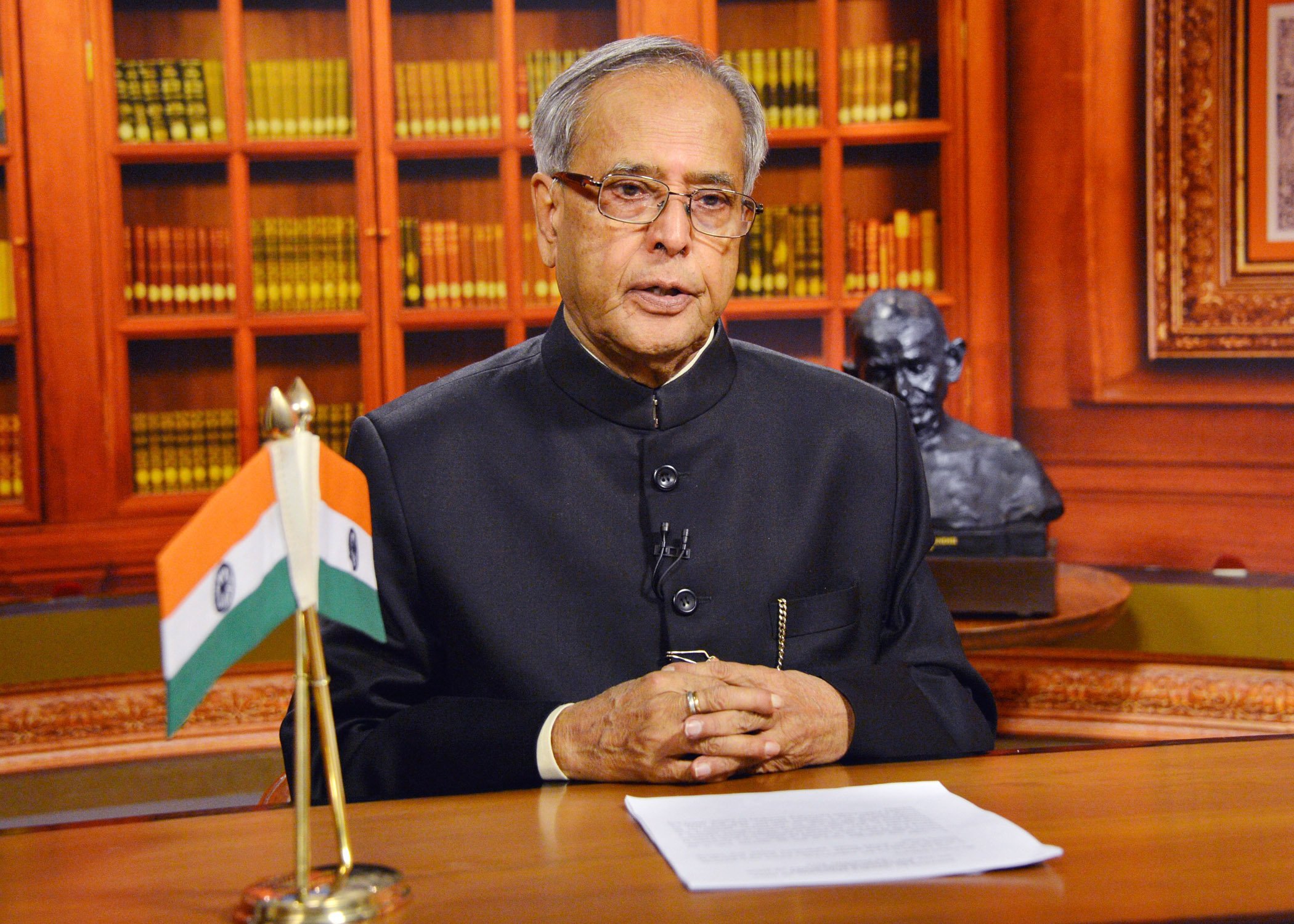Raising the issue of lynchings in the country in the name of vigilantism, President Pranab Mukherjee today said that when mob frenzy becomes so “irrational and uncontrollable”, the people have to be “vigilant” to save the basic tenets of the society.
He also urged the intellectual class to rise and be vigilant as it could act as the biggest deterrent to forces of darkness and backwardness.
“When mob frenzy becomes so high, irrational and uncontrollable, we have to pause and reflect. Are you vigilant enough?” he asked at a function to celebrate 70 years of India’s independence.
“I am not talking of vigilantism. I am talking about whether we are vigilant enough proactively to save the basic tenets of our time,” he said.

Former prime minister Manmohan Singh, Congress president Sonia Gandhi and party vice-president Rahul Gandhi, besides a host of dignitaries, former ministers, MPs and Congress leaders were present at the event that saw the launch of a commemorative publication on 70 years of India’s independence by National Herald.
Mukherjee also said that one cannot obliterate one’s duty towards the issue, saying, “Posterity will demand an explanation from us about what we have done. I raise this question within myself.”
The president also appealed to the media to remain constantly vigilant saying it is because of it that democracy survives.
“You must rise to preserve and ensure human dignity is maintained, slavery is kept away. You will have to maintain your vigilance,” Mukherjee said.
“I do believe that citizen’s vigilance, intellectual vigilance and media vigilance can act as the biggest deterrent to the forces of darkness and backwardness,” he said.
Recalling Jawaharlal Nehru’s words that “freedom is in peril, defend it with all your might” in 1939, Mukherjee said these words have relevance for all times when freedom is in danger and peril.
“Eternal vigilance is the price of freedom,” he said.
He also said that in a world where might was considered right, Mahatma Gandhi told the world that means were as important as the ends.
“Our struggle then was for freedom against oppression from foreign rule. Our struggle today is to defeat the demons of poverty, hunger and disease in line with the transformational characteristics of our Constitution,” he said.
He said for every Indian from that era, aspirations for freedom were not just about a change in political stewardship, but were aimed at creating a new India for every Indian.

















